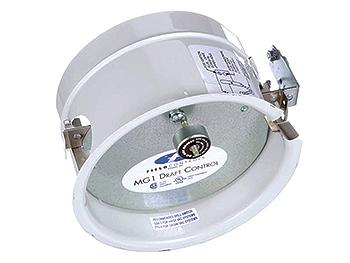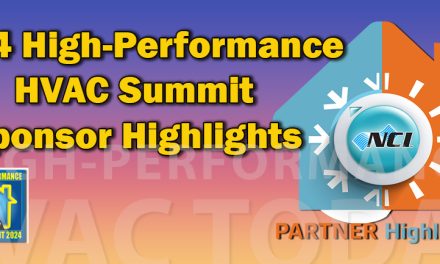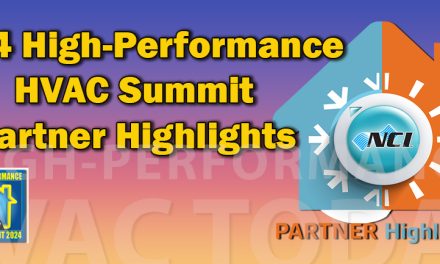Written by HVAC Professionals for HVAC Professionals
Double-Acting Gas Barometric Dampers
Most contractors who deal with oil are familiar with single-acting barometric dampers. They are used to control the overfire draft pressure of the burner. This pressure controls the amount of air entering the oil burner and maintains stable combustion. Controlling air on gas equipment should be just as important!

The Field Controls Double-Acting Barometric Type MG-1 Damper differs from its single-acting cousin in that not only does it control updrafts, but it also relieves downdrafts.
The original reason to relieve downdrafts was to prevent standing pilots from blowing out. Other than water heaters, there currently aren’t many standing pilot appliances. But the double-acting barometric damper is still helpful.
Its ability to relieve downdraft or positive pressure is beneficial because a safety spill switch can be added to turn off equipment if there is a downdraft, or more importantly if the flue is restricted or blocked.
The MG-1 is sensitive to as little as a -.005-in. w.c. pressure change. This allows it to control venting and combustion air to equipment and maintain stable combustion. On drafthood-type equipment, it replaces the drafthood and connects equipment to the flue, rather than isolating the flue.
This controls combustion air to the burner allowing the supply of the proper amount of fuel by maintaining the outlet draft pressure. If the draft drops too low, flue gases will spill from the barometric damper and trip the safety switch.
The same holds true if the flue becomes restricted or blocked.
On sealed flues, such as on induced draft equipment, this also regulates combustion air to the burner. It can also maintain equipment efficiency when there is excessive draft.
Hard to believe that such a simple device can do amazing things!
For more information on the Field Controls MG-1 or to order the double-acting barometric damper, visit the NCI store at ncilink.com/MG-1.
– By Jim Davis, Senior Instructor, National Comfort Institute













Recent Comments